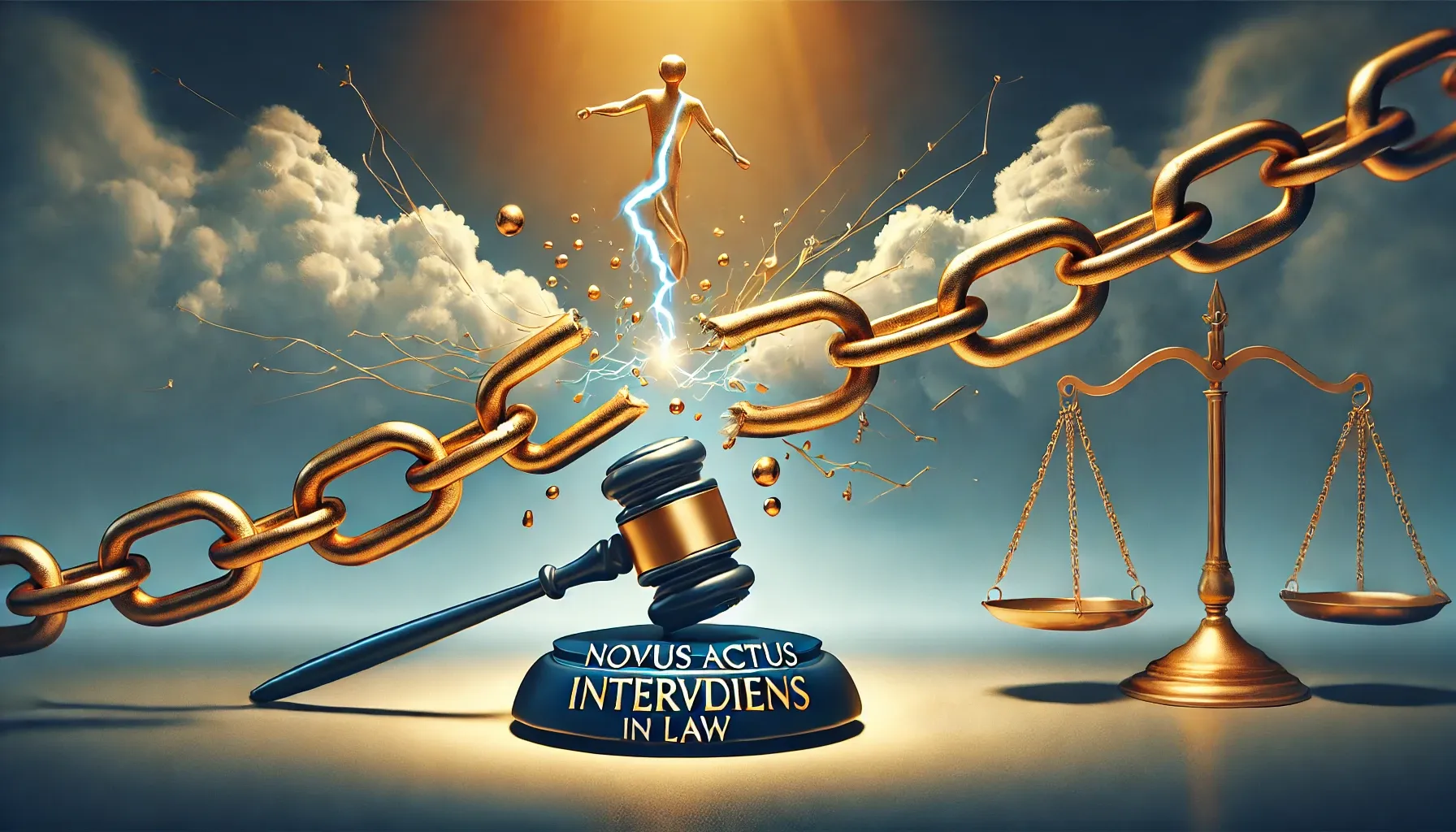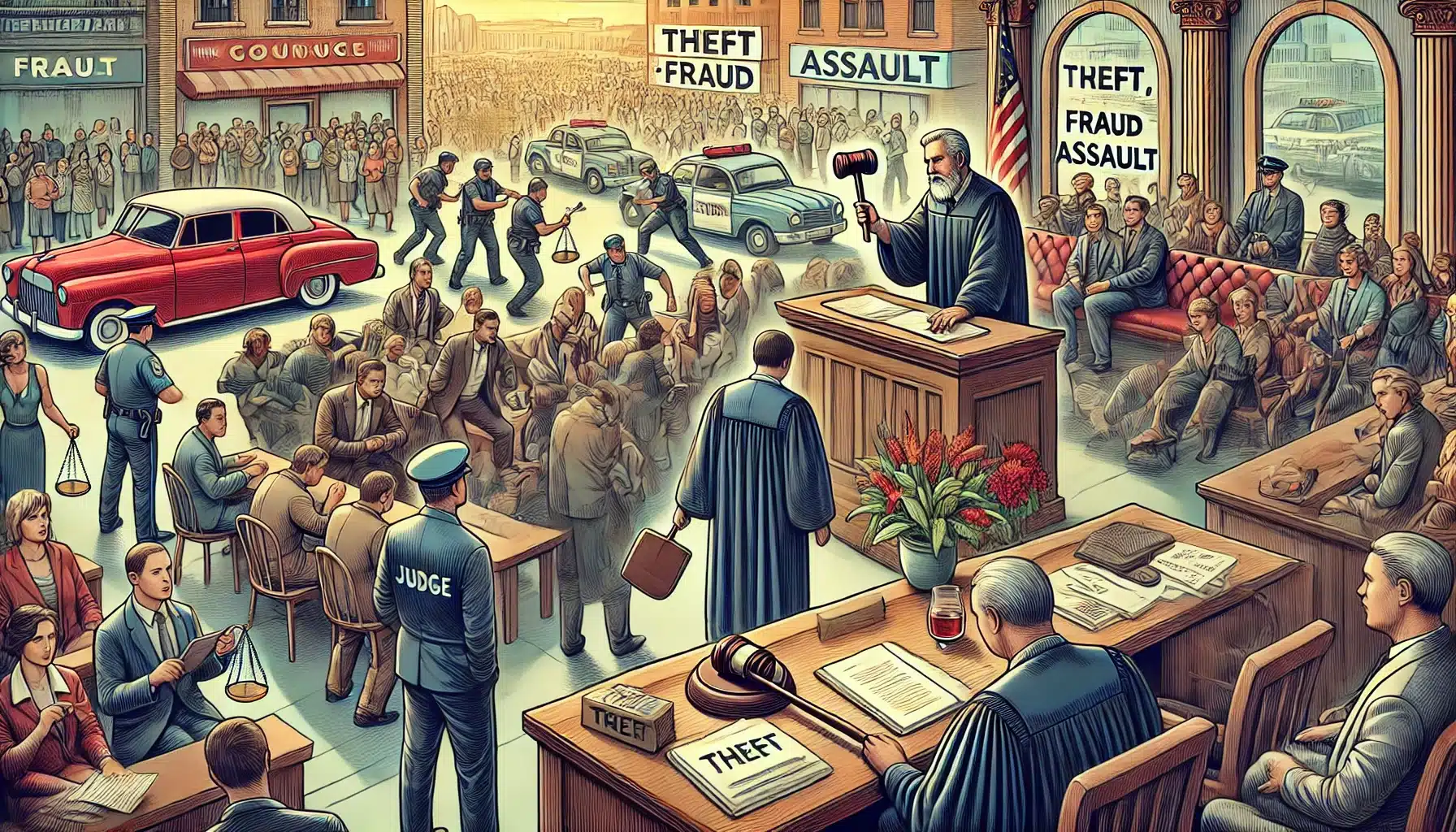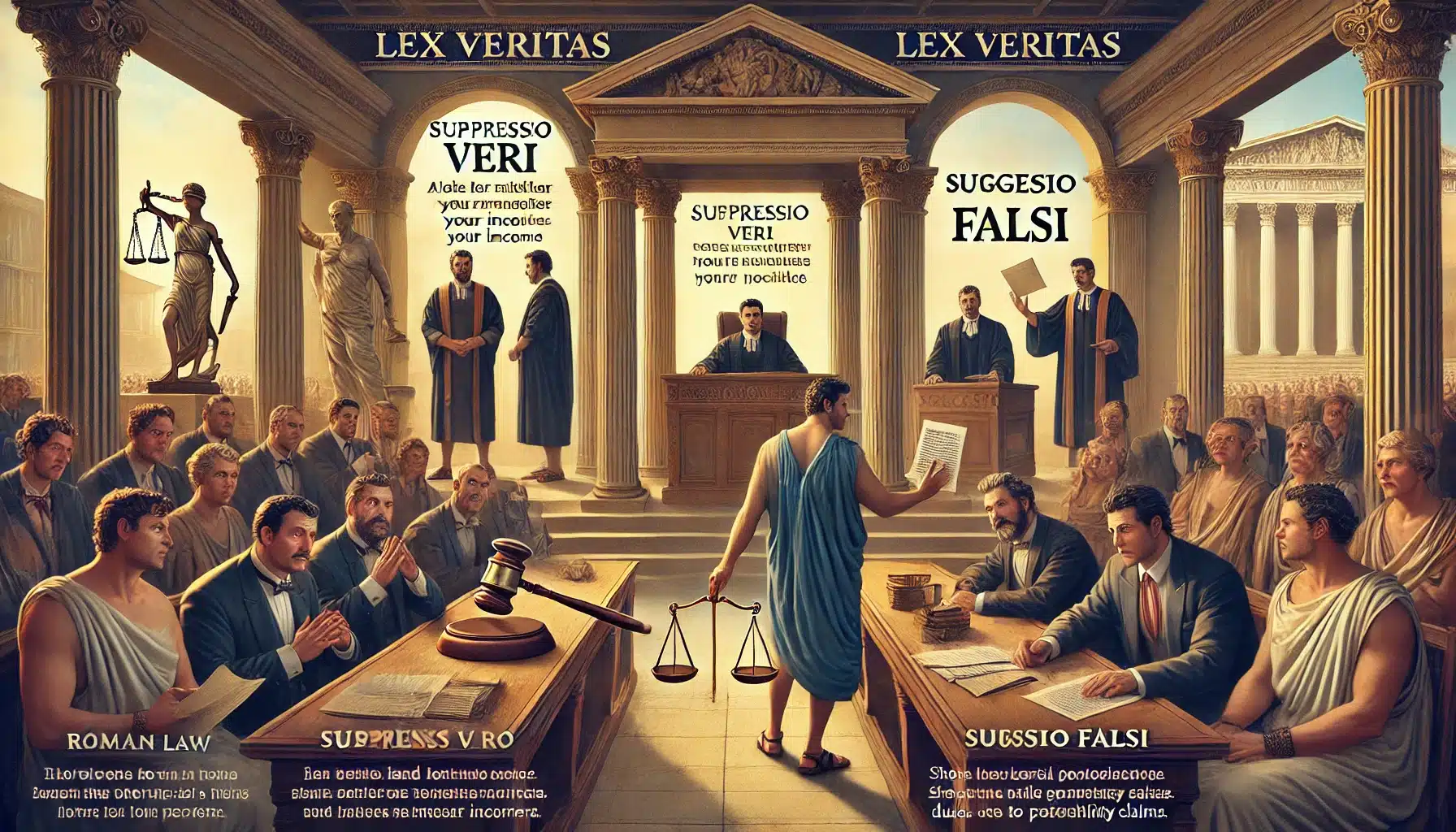DEFINITION Corruption is dishonest external conduct by those in offices

Legal AI that cites and formats correctly
DEFINITION
Corruption is dishonest external conduct by those in offices of authority, such as managers or administration officials. Corruption can be comprised of giving or accepting bribes or inapt aids, double-dealing, under-the-table dealings, manipulating elections, diverting funds, laundering currency and defrauding stockholders.[1] Corruption is a deceitful action that destroys people’s trust. News of corruption at your bank might make you close your account and capitalize your money somewhere else. The simplest definition is that Corruption is the mistreatment of public power (by an elected politician or appointed civil servant) for personal gain.
MEANING
The noun Corruption originates from the Latin — com, meaning “with, together,” and rumpere, meaning “to break.” Fetching in corruption can “break” or destroy someone’s honesty and decent standing with others. For example, news of corruption in the mayor’s workplace might cause tremors and lead to the election of a new mayor. When you corrupt somewhat that is unadulterated or honest, you take away those potentials. That’s why “corruption of minors” is a thoughtful offence in our permissible system.[2]
USAGE
Defining corruption can be a test. It takes many procedures, and committers are skilled in developing new customs to be corrupt and canopy their tracks.
Conversation of corruption is tremendously difficult as it is a concealed phenomenon in our civilizations. Both parties in exchange of control for freedoms want to keep their deal secret. That makes it so difficult to found how wide and deep corruption penetrated our economy and social life. Moreover, what for some is no more than ‘a friendly turn’ is for others ‘misbehavior’.[3]
Corruption is likely to cause inadequacy when assets are used inappropriately. When corruption occurs within a society, unflattering media coverage typically follows, which may result in patrons losing trust in its business practices and goods. An inclusive public relations campaign is often mandatory to limit reputational damage and reinstate the trust. Corruption needs precious resources such as time and money, which may result in other critical areas of the organization being deprived of resources, causing inefficiencies to develop and possibly financial losses to be realized.[4]
Corruption may be defined as the abuse of entrusted power for personal gain. It captures three elements of corruption:
1. Public and private sectors
Corruption can be committed anywhere without any discrimination. This includes media and civil society actors. Actors can be individuals, companies, or organizations such as political parties.
2. Abuse of power
Corruption can also be witnessed when any state official or a public servant abuses or misuses his or her power.
3. Benefit
The parties committing the act of corruption are benefited but indeed the same act is an offence and is illegal in the eyes of law.
Corruption can take many forms, and can include behaviours like:[5]
● public servants demanding or taking money or favours in exchange for services,
● politicians misusing public money or granting public jobs or contracts to their sponsors, friends and families,
● corporations bribing officials to get lucrative deals
Corruption can happen anywhere: it can take place in your business, among the government officials, in the courts, or in the media, and even in the civil society, as sectors such as health, sports education etc.
Corruption can involve anyone: Corruption is something that can be done by anyone whether that person is politician, a government person, or public servants, or business people or common members of the civil society.
Corruption happens in the shadows, often with the aid and assistance of habitual offenders’ people such as bankers, accountants and real estate agents, opaque financial systems and anonymous shell companies that allow corruption schemes to grow and the corrupt to clean and conceal their illicit treasure.
Corruption adapts to different contexts and changing circumstances. Corruption can grow in answer to changes in rules, regulation and even technology.
To Fight Corruption, We Must Embrace Transparency
Transparency is all about knowing who, why, what, how and the way much. Transparency helps us, the general public, hold all power to account for the commonweal.
Seeking and receiving information may be a right that will act as a safeguard against corruption, and increase trust in decision-makers and public institutions. However, transparency isn’t only about making information available, but ensuring it are often easily accessed, understood and employed by citizens.
Origin
The term Corruption was first time used in the 14th century.[6]
[1] https://www.investopedia.com/terms/c/corruption.asp
[2] https://www.vocabulary.com/dictionary/corruption
[3] http://www.corruptie.org/en/corruption/what-is-corruption/
[4] https://www.investopedia.com/terms/c/corruption.asp
[5] https://www.transparency.org/en/what-is-corruption
[6] “Corruption.” Merriam-Webster.com Dictionary, Merriam-Webster, https://www.merriam-webster.com/dictionary/corruption. Accessed 11 Jul. 2020.




